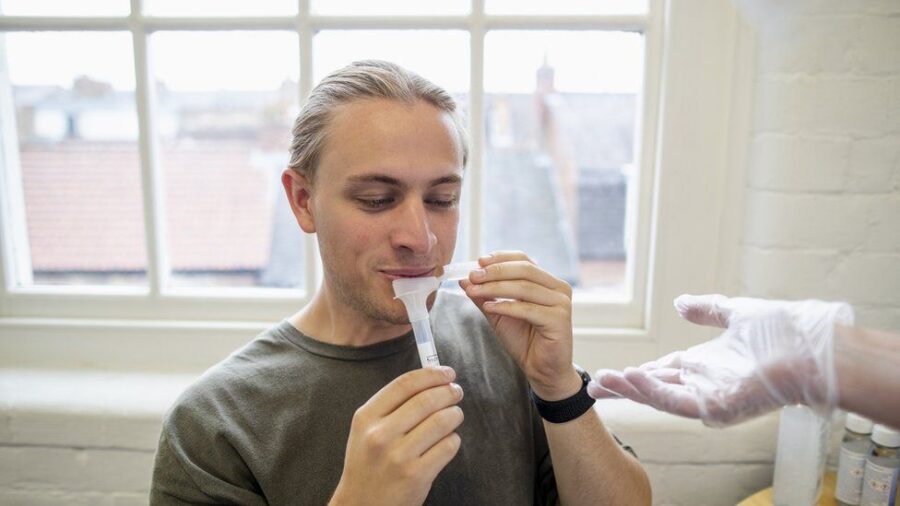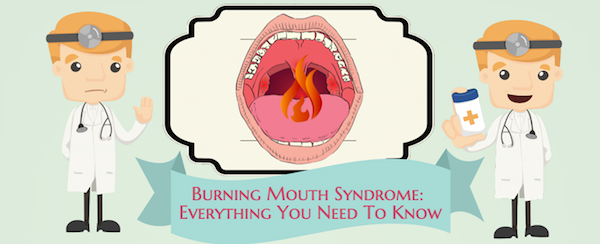Are you sure that your taste buds have nothing to do with whether you can taste food or not? If so, how do you explain this popular myth that it is impossible to taste without a salivary response? And what about the science behind this theory that your ability to taste food depends on your mouth’s saliva? Are there any other explanations? Let’s take a look at the facts and see if there’s anything we can learn. It is common knowledge that eating stimulates saliva in your mouth. The word ‘salivate’ comes from ‘saliva’ and refers to the production of saliva by the salivary glands. Therefore, many people assume that without saliva, we cannot taste anything at all. But is it so
Is saliva important for taste?
Saliva is the principal fluid component of the external environment of the taste receptor cells and, as such, could play a role in taste sensitivity. Its main role includes the transport of taste substances to and protection of the taste receptor. Why you need saliva to taste foods. In order for food to have taste, chemicals from the food must first dissolve in saliva. Once dissolved, the chemicals can be detected by receptors on taste buds.

What is the origin of this myth?
The myth about inedible food, when no saliva is produced, has existed for centuries. Some people believe that this is because tasting food when there is no saliva would be like putting a piece of bread in your mouth to taste it. Others think that it’s because saliva is an important part of the digestive system, so without it, your body can’t even taste what you’ve eaten.
The reason behind this myth is that people often associate taste with saliva, believing that the two cannot be separated. However, taste and salivary secretion are two separate things. Taste is triggered by taste buds on the tongue, while the presence of saliva is necessary to make the food taste better and easier to swallow.
Why do people think it is impossible to taste without saliva?
The myth comes from the misconception that taste and salivary flows are the same. Therefore, if there is no saliva, there is no taste. This is not true, though. Taste buds are the organs that allow us to taste different flavours in our food. They are located on the tongue, the roof of the mouth, the inside of the cheeks, and the upper part of the throat. There are thousands of taste buds on the surface of your tongue.

The taste buds are clusters of sensory cells that react to certain chemicals in food and transmit the information to your brain. This process is called gustatory perception. It doesn’t have anything to do with taste buds. Saliva is produced by salivary glands and never flows near the taste buds.
Impossible to Taste without Saliva
The reason why people think that you can’t taste anything without the secretion of saliva is that they believe that when you eat, the food breaks down by enzymes in your saliva. When we talk about taste buds, they are a part of the oral cavity that is responsible for the sensation of taste. The same taste buds are also responsible for making the food easier to swallow. Saliva breaks down food through the enzymes found in it.
When you put food in your mouth, the enzymes that are found in the saliva start to break down the food. This makes it easier to swallow the food because it is like pre-digesting the food. The enzymes break down large molecules of food, making them smaller, so your body can easily digest them.
Tasting without Saliva Possible
The myth about the importance of saliva in tasting food may make you think that tasting is impossible when there is no saliva in your mouth. However, there are a few factors that may put a slight dent in your tastebuds. When i is not produced, you can’t taste sweet foods as well. Although you can still taste salty, sour, and umami flavours, you can’t taste sweet ones well. This is because taste buds are sensitive to the presence of water molecules. This means that when there is no saliva in the mouth, the taste buds are not as sensitive to sweet flavours.
Saliva has modulating effects on sour, salt, and the monosodium-glutamate-induced savory or umami taste. It has a diminishing effect on sour taste as a result of the buffering by salivary bicarbonate. It probably also contributes to the umami taste with endogenous salivary glutamate levels.
Conclusion
The reason behind the myth is that people often associate taste with saliva, believing that the two cannot be separated. However, taste and salivary secretion are two separate things. Taste is triggered by taste buds on the tongue, while the presence of it is necessary to make the food taste better and easier to swallow. When there is no saliva, you can’t taste sweet foods as well as salty, sour, and umami flavours. This is because taste buds are sensitive to the presence of water molecules.





